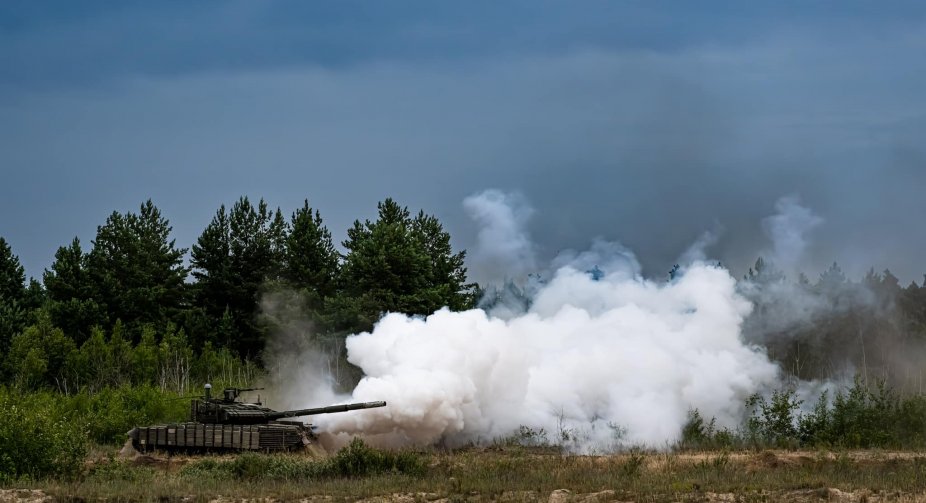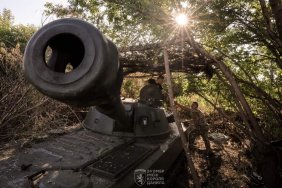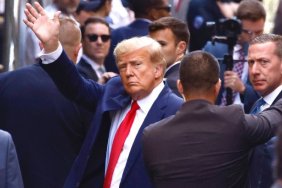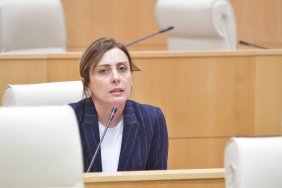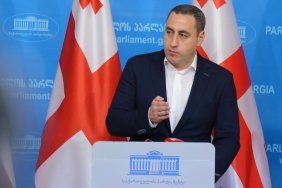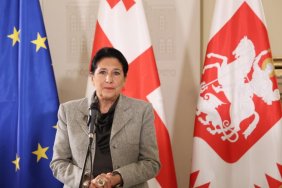Experts from the American Institute for the Study of War (ISW) highlighted Russian President Vladimir Putin's strategy to win the war in Ukraine through prolonged, incremental offensive operations in the recent report. The approach was seen as a means to slowly erode Ukrainian statehood and prolong the conflict.
The Russian military command currently emphasized steady offensive operations and tactical gains rather than significant shifts in the front line, according to the ISW.
"Putin and the Russian high command appear to view a crawling offensive operation as a more guaranteed approach to success in Ukraine than large mobile offensive operations," ISW analysts noted.
"They seem to have accepted that Russian forces will need to pursue operationally important objectives over many months, if not years."
This strategy likely rested on the assumption that Russia could retain any captured territory and that a protracted conflict increased the likelihood of achieving its territorial ambitions, which the Kremlin kept intentionally ambiguous, the report added.
ISW analysts suggested that a ceasefire, which would set a precedent for violating Ukraine's territorial integrity and sovereignty - similar to the Minsk agreements post-Crimea annexation - would only strengthen Russia's position for future aggression.
Ukrainian President Volodymyr Zelenskyy, in a June 30 interview with the Philadelphia Inquirer, expressed concerns that the West feared a total Ukrainian victory might destabilize the region by provoking Russia further.
ISW emphasized that sustained Western military aid to Ukraine was crucial to prevent Putin from dismantling Ukrainian statehood.
